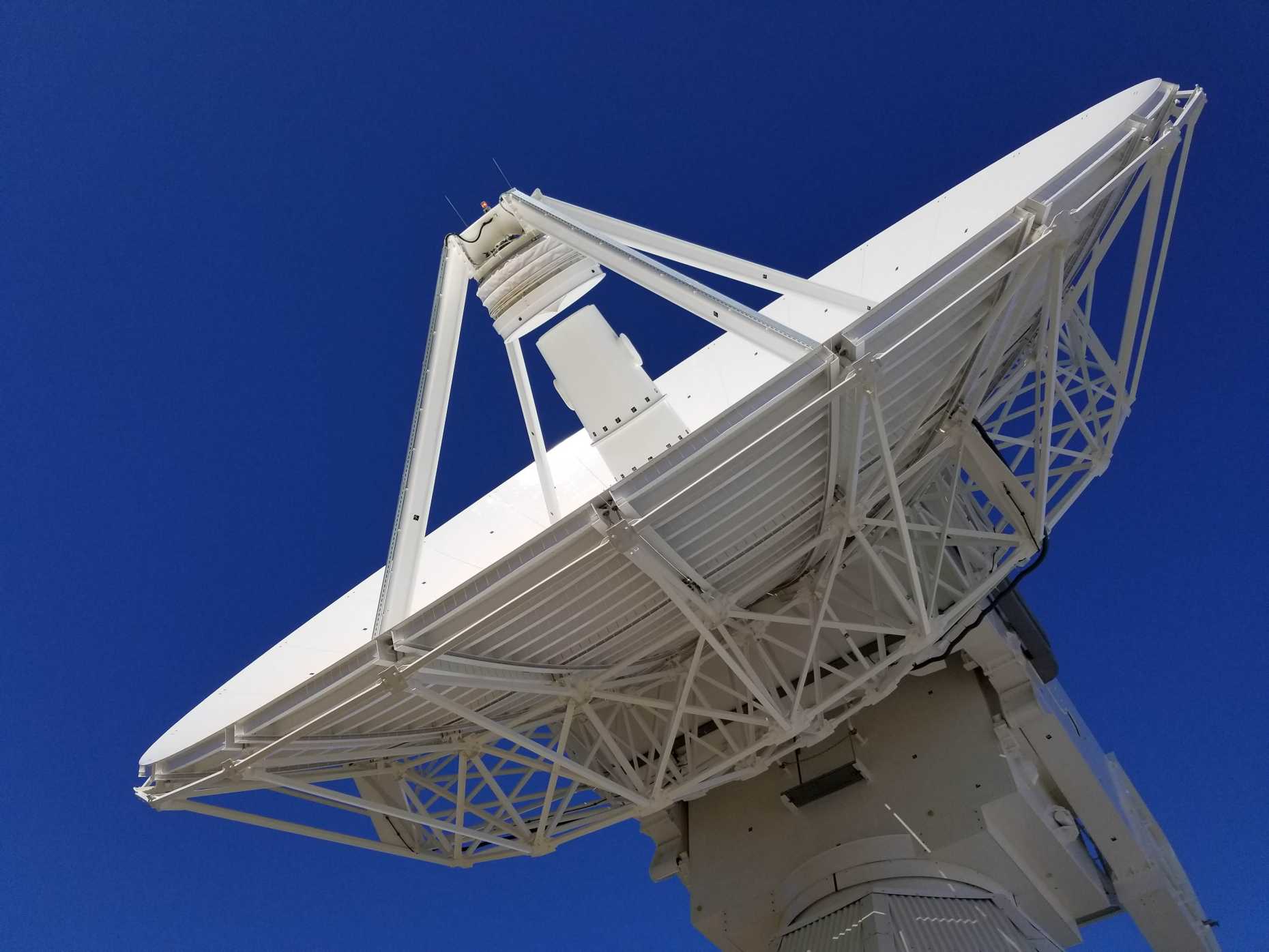Intelligent processing of VLBI data

Intelligent processing of VLBI data
Very long baseline interferometry (VLBI), one of the most important space-geodetic techniques, has a long history of observing the parameters of the Earth system. It is the only technique to provide the full set of Earth orientation parameters and access to the celestial reference frame. Due to its complexity, the analysis of observational data from VLBI is nowadays performed with a significant amount of human interaction.
The Group of Space Geodesy is currently investigating new methods to increase the degree of automation of collecting and analyzing geodetic VLBI data. Algorithms from the field of Artificial Intelligence (AI) show great potential for this task. For example, we have been successful in improving the scheduling of VLBI observations based on the application of Evolutionary Strategies, collecting VLBI observations more efficiently and improving the derived geodetic parameters.
Contacts:
Matthias Schartner, ETH Zurich,
Benedikt Soja, ETH Zurich,
